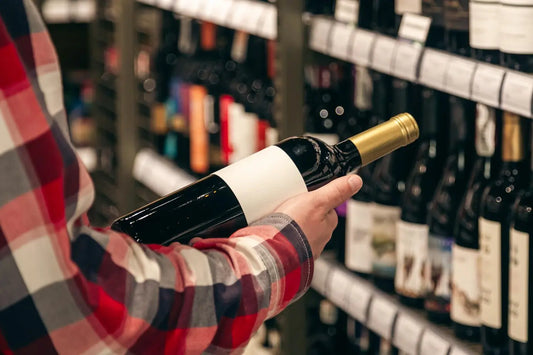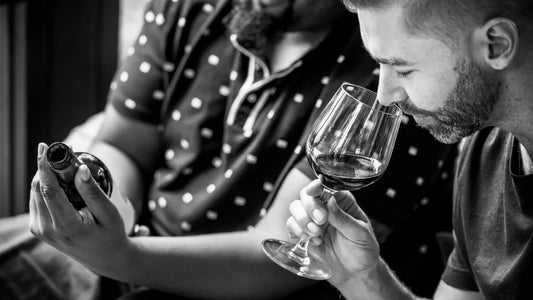Wine vocabulary: the secret weapon of good tasters

Why enriching your wine vocabulary is crucial
Describing a wine isn't just about saying whether it's good or not. It's about understanding what it feels like, putting words to aromas, textures and balance. The more precise your vocabulary, the more refined your understanding of wine. And the more you progress.
It's also an excellent memory tool: being able to name what you feel makes it easier to anchor it in your sensory memory.
How to develop your tasting vocabulary
- Reading detailed tasting notes
- Listening to other enthusiasts or pros talk about wine
- By practicing comparing two wines and expressing their differences
Some aromatic families (red fruits, spices, floral notes... ) are very useful at the outset. Enrich them gradually, but stay true to your personal feelings.
The value of a framework like WSET
WSET courses don't just give you a lexicon, they teach you how to use it methodically. You'll discover how to describe a wine in a structured, professional way, using internationally recognized terms.
You'll gain in confidence, clarity, and become able to exchange more easily with other enthusiasts or in a professional setting.
Summary
Working on your vocabulary means giving depth to your feelings. It's also a real lever for progress in tasting. And that's exactly what we develop in our certified training courses.


